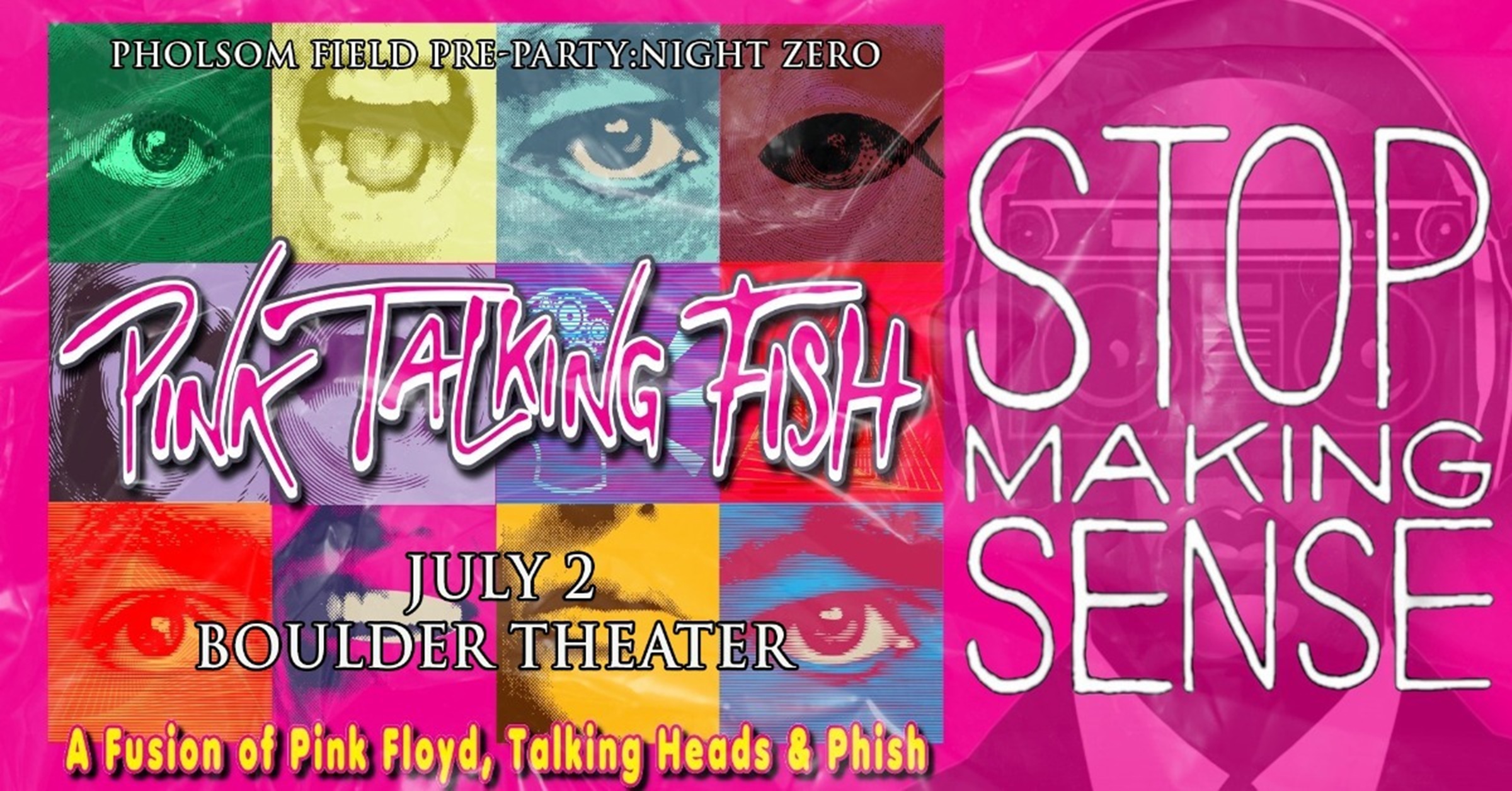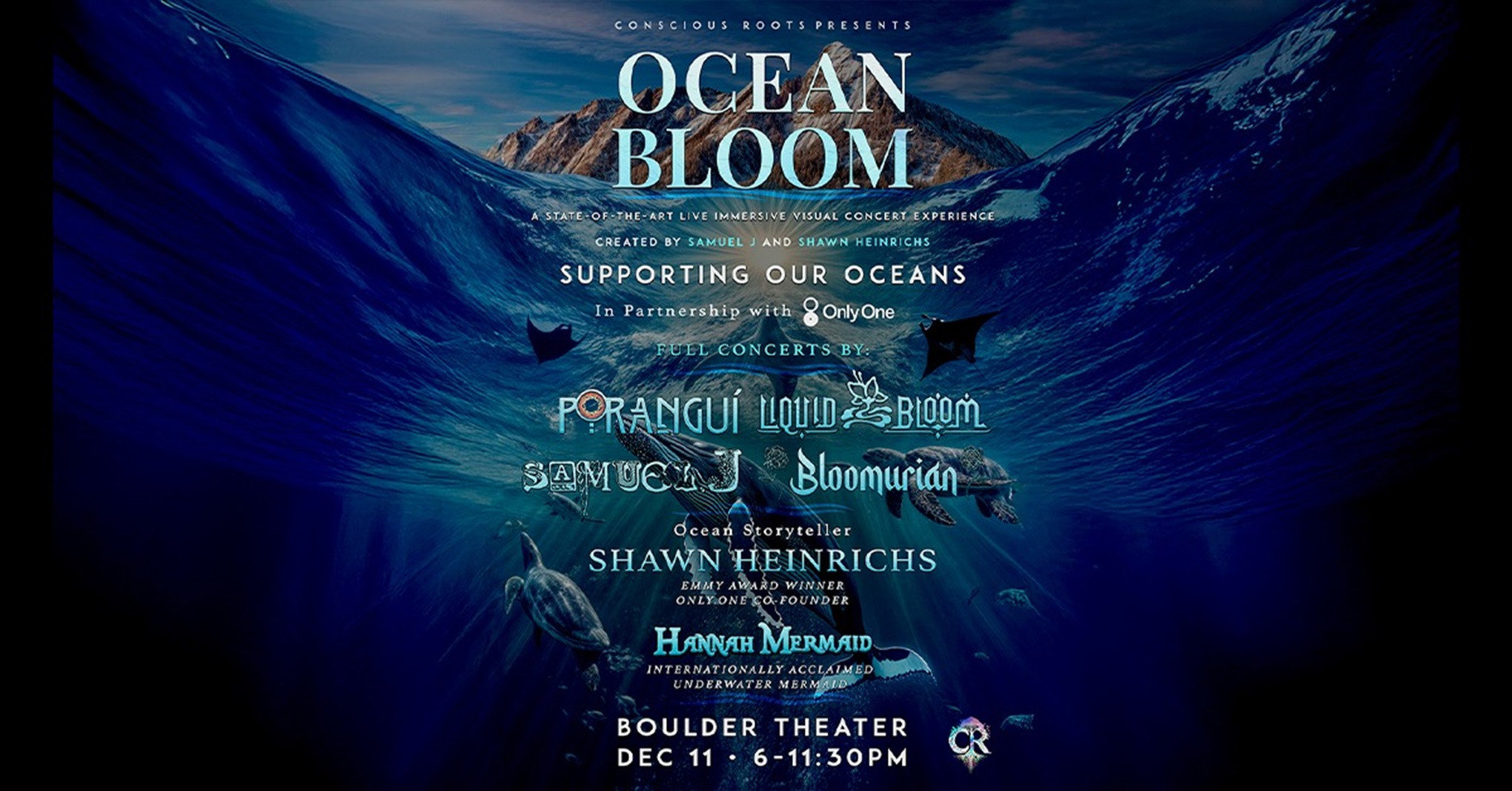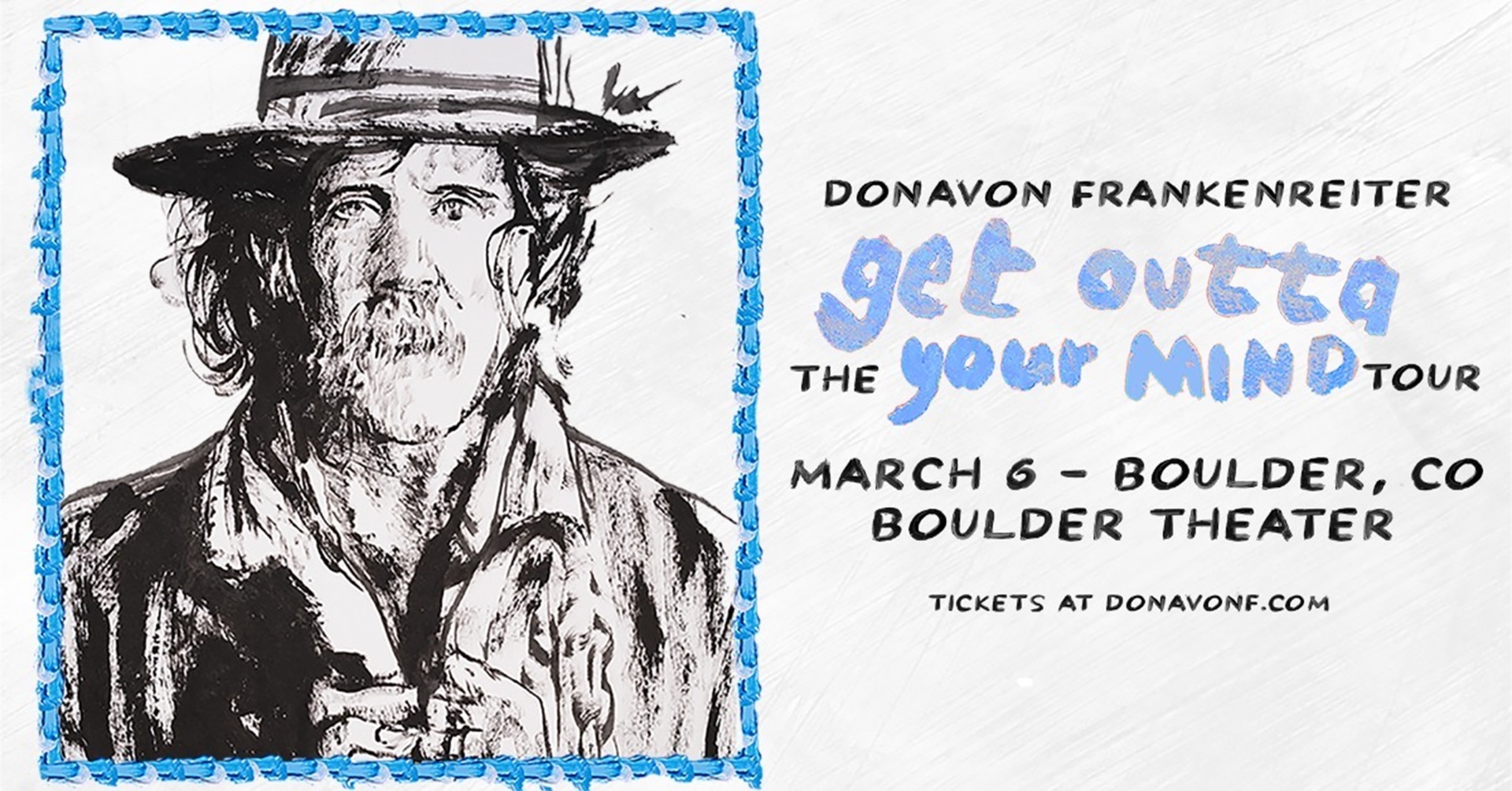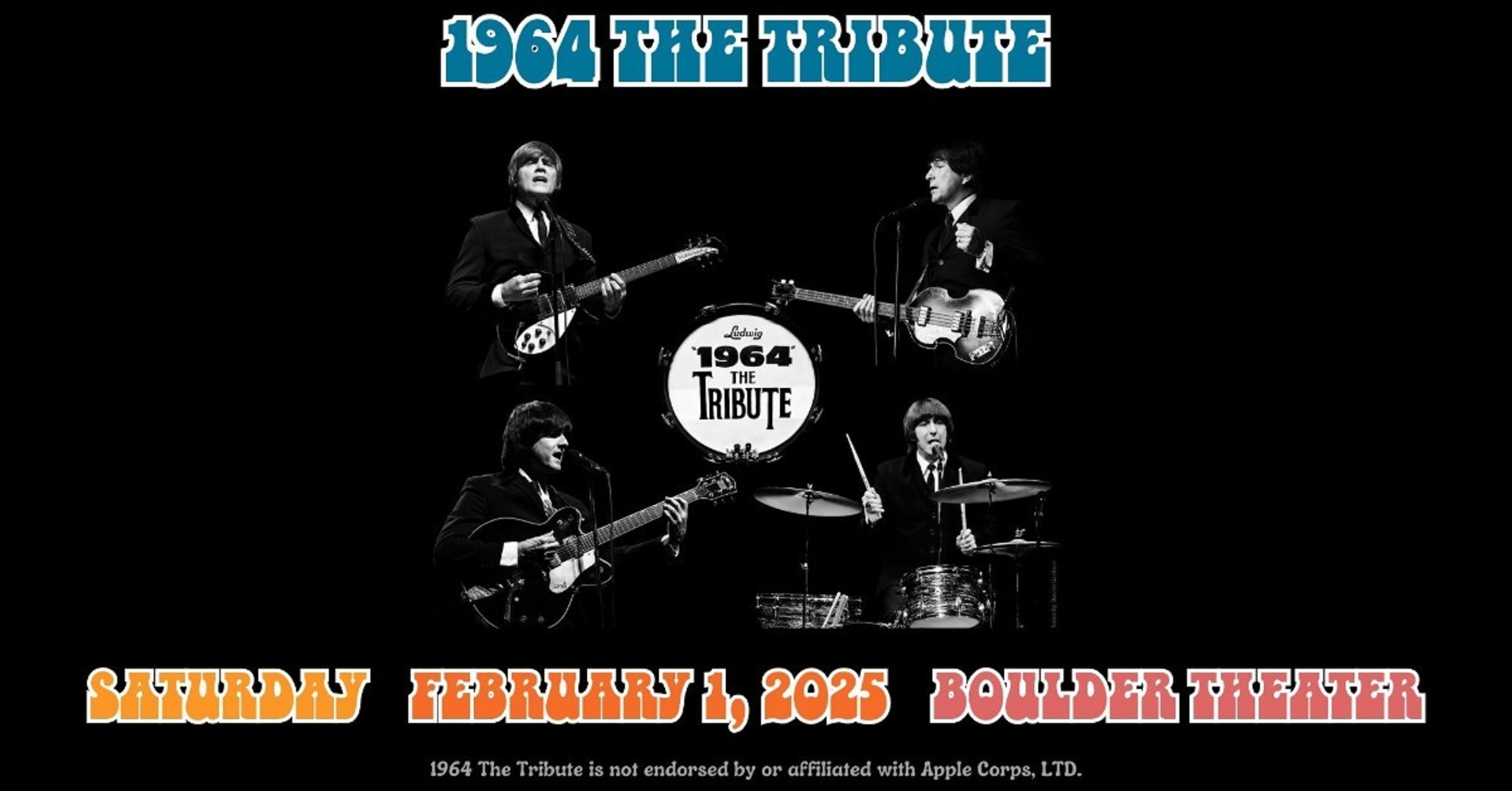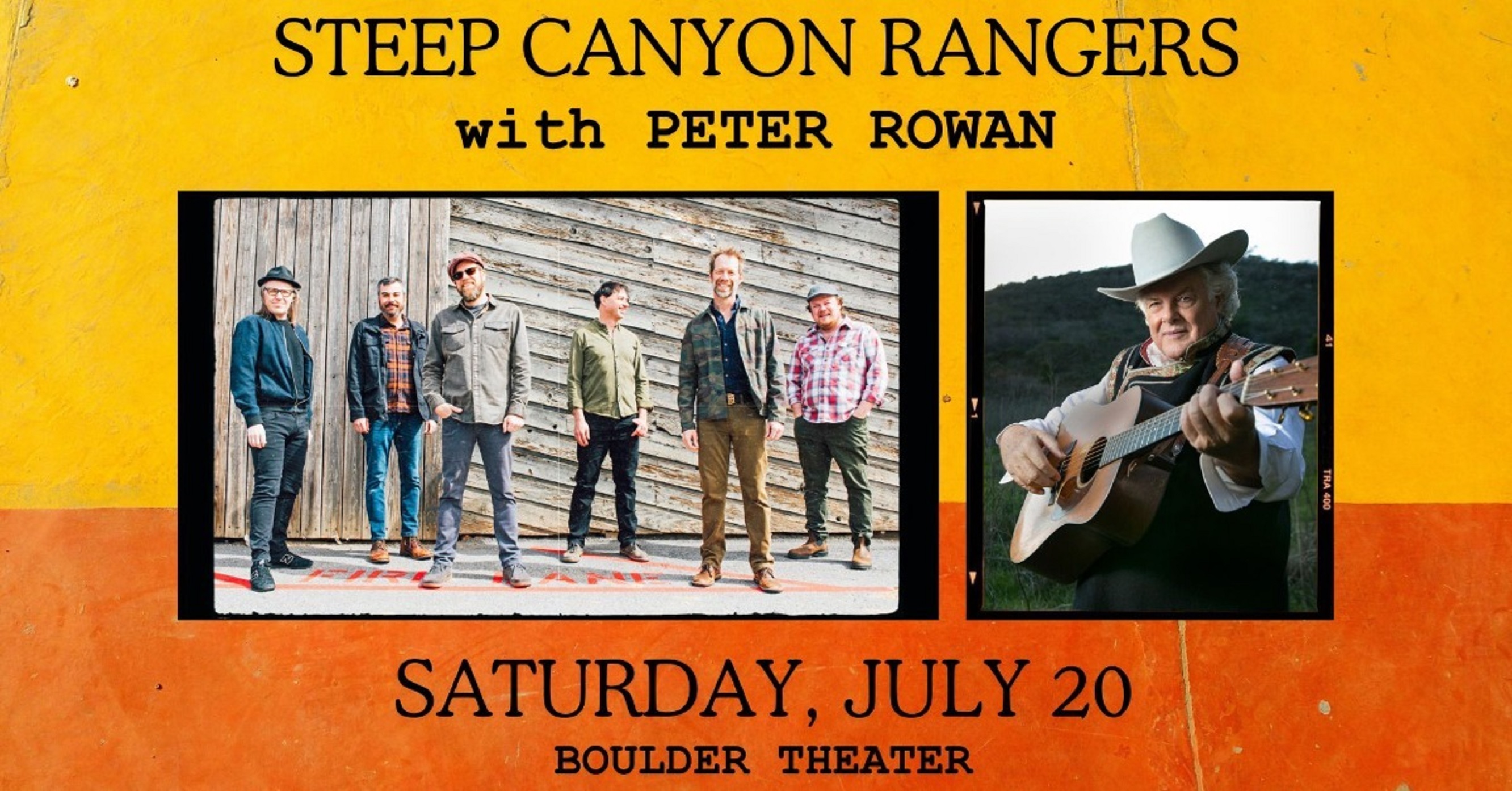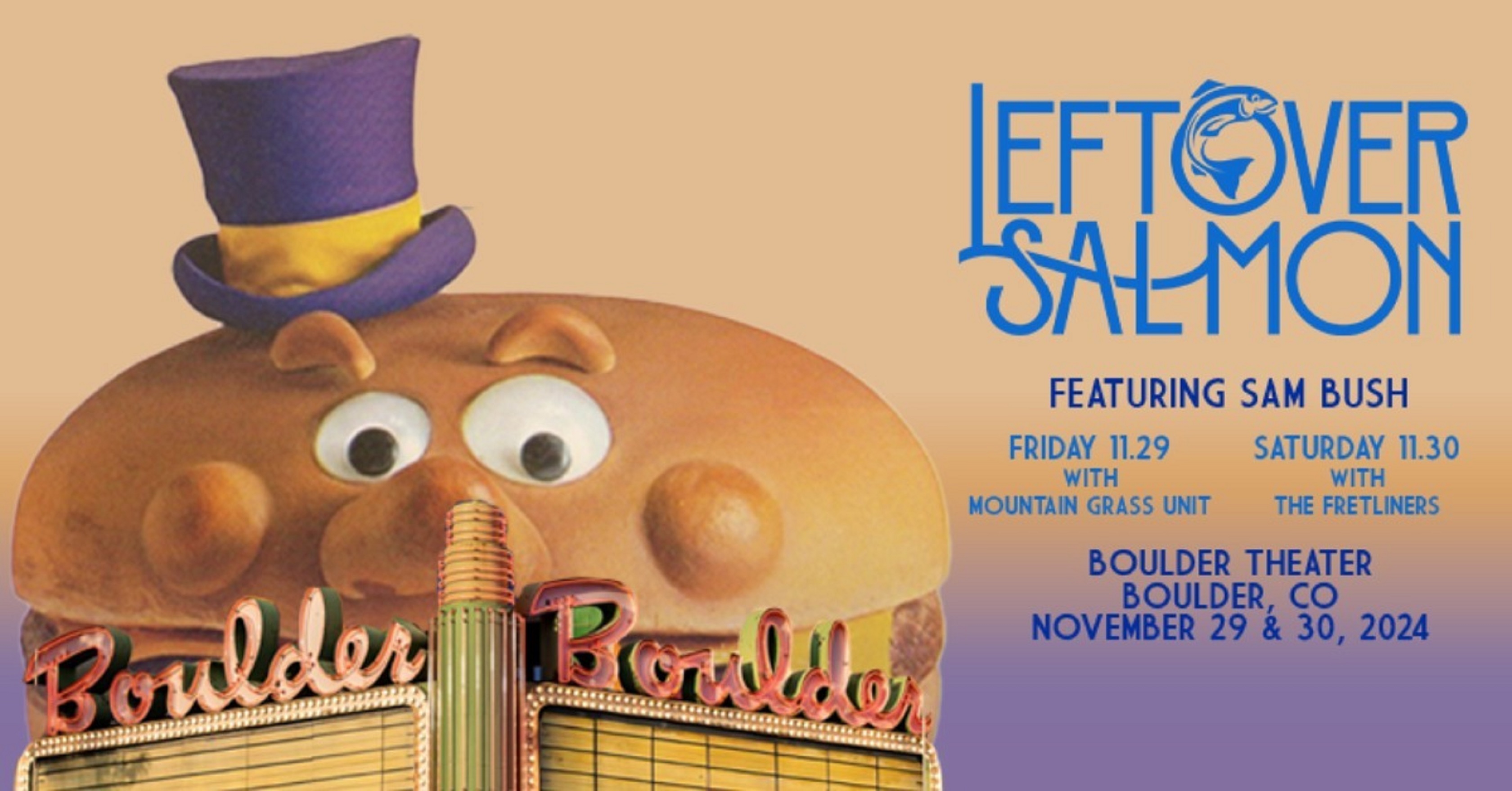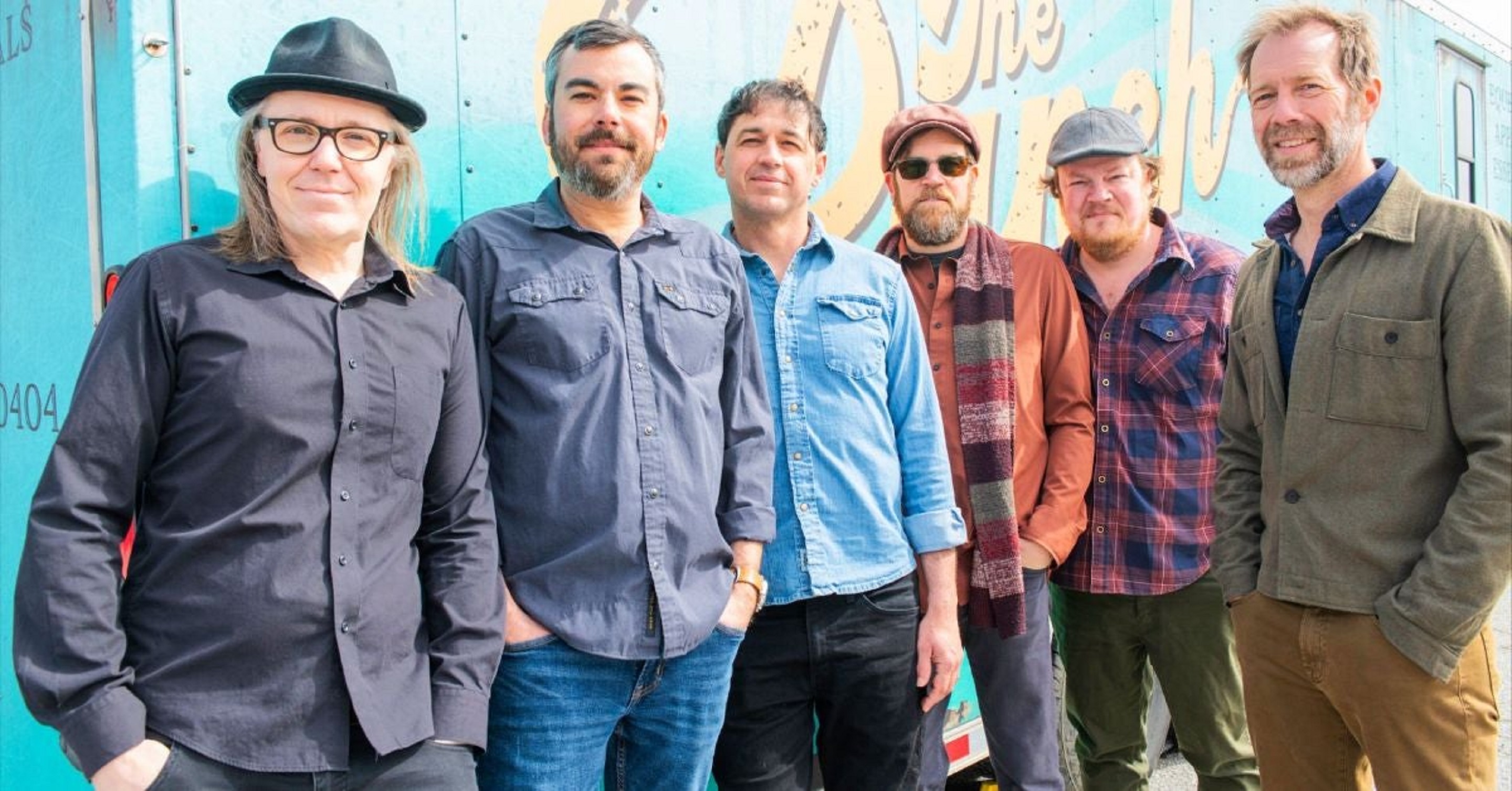97.3 KBCO & Z2 Entertainment are proud to present Punch Brothers with The Milk Carton Kids to the Boulder Theater on Sunday, December 9th, 2012. Tickets will go on sale to the public on Friday, July 20th, 2012 at 10:00 am for $26.50 in advance & $29.50 the day of the showThe title of the third Punch Brothers disc for Nonesuch, borrowed from one of their new songs, is more an exhortation than a taunt. Who’s Feeling Young Now?, produced and engineered by Jacquire King, contains some of the most exhilaratingly direct, sonically daring performances the group has ever recorded. As the five members, ranging in age from their mid-20s to early 30s, have matured together on the road and in the studio, their approach to writing and performing has, conversely, become looser, simpler, and, in a sense, more unaffectedly youthful. In fact, the title song—featuring rumbling bass, skittering violin, and wailing multi-tracked vocals—sounds like hard-charging string-band punk rock. Opening track “Movement and Location” feels like Steve Reich–inspired indie rock, with rhythmically pulsing guitar, bass, and banjo lines and the same flying-by-the-seat-of-the-pants spirit. It came together over a matter of minutes in mandolinist/singer Chris Thile’s living room. At this point, virtuosity is a given among these already prodigious players; the operative word for Who’s Feeling Young Now? is camaraderie.“I think we’re a lot more comfortable now playing to our strengths and our bluegrass roots,” says guitarist Chris Eldridge. “We kind of came around to a place where that was something we were just as willing to present to the world—it’s obviously part of who we are, always has been—but I feel we’ve been a little reticent, as if playing a simple bluegrass song wasn’t enough. We’ve gotten a lot more comfortable in our skin.”In 2006, former Nickel Creek member Thile instigated the collaboration that evolved into Punch Brothers when he recruited Eldridge, banjo player Noam Pikelny, and violinist Gabe Witcher to back him on a solo album, How to Grow a Woman; bassist Paul Kowert joined the band three years later. They officially became Punch Brothers, releasing a debut album, Punch, on Nonesuch in 2008. Since then, says Thile, “Punch Brothers has gradually evolved from a band that existed to present the ideas of one guy into a band presenting the unified idea of five guys. I had a very clear vision for The Blind Leaving the Blind and I’m very proud how that turned out, but the reason to put yourself in this kind of situation is to have the opportunity to present a real sense of community to other people. When there are five dudes up there doing something as a unit that encourages people to participate, that’s where Punch Brothers is exhibiting a lot of growth. We can actually bring a sense of real musical camaraderie, creative camaraderie, to people who come to our shows and those who listen to the records.”Kowert, who joined the group just before the 2010 sophomore disc, Antifogmatic, concurs: “We hit our stride a little more on Who’s Feeling Young Now?, finding our places and our parts a little faster. We were basically playing better as an ensemble. Part of that has to do with the writing we did beforehand, part of that is just performing together longer, being on the road for a longer time.”The quintet was able literally to see how far they’d come when they gathered in mid-2010 to review material, write new tunes, and rehearse for the upcoming sessions, returning to the same apartment building in Manhattan’s East Village where they’d first convened to tackle The Blind Leaving the Blind. As Pikelny explains, “Thile had moved to Brooklyn for two or three years but he was jones-ing for Manhattan again. He’s a creature of habit, so what does he do? He moves back into the exact same building and is in the unit right above the old one, where we have all these memories of just killing ourselves trying to learn The Blind Leaving the Blind, sleeping on the floor, being woken up by trucks at five in the morning. When we went back there, it was like being in a dream state for the first few hours; it didn’t seem possible, to be back in the building where we first looked at each other and said we wanted to do this. Five years later, we’re in practically that same room, working on our new record. With all that’s happened to the band, it felt quite triumphant. It’s a vindication in some ways that we’ve made this work. And now, instead of sleeping on floors, everyone lives in New York and could go back to their own apartments.”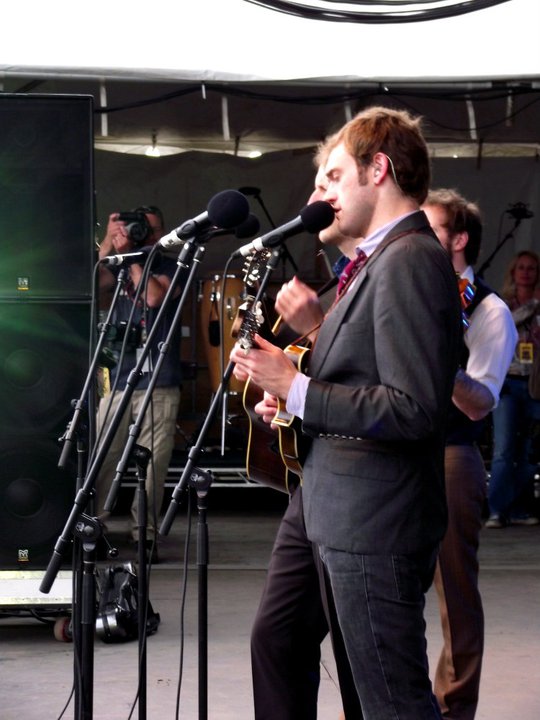 Joining them at Chris’s new pad was King, a veteran of productions with Tom Waits, Modest Mouse, Kings of Leon, and Josh Ritter. King helped to oversee the writing, arranging, and song selection He also nudged tunes like “Movement and Location” to fruition, urging the band to reconsider an odd mandolin fragment that Thile had previously shown them. With King’s encouragement, a new song was quickly constructed around it and that set the tone for what was to come. As Eldridge recalls, “The parts all just happened immediately, with a lot of ease. And that’s what a lot of the record ended up being like. There are obviously songs that are pretty rigorous, that we definitely put through the paces, kind of the way we always have. But ‘Movement and Location’ encapsulated the vibe we were trying to live with for this record, capturing a lot more of what we do well in a natural way.”In October, Punch Brothers arrived at Blackbird Studio, King’s home base in Nashville. Recounts Witcher, “Blackbird has the greatest selection of microphones in North America, something crazy like that. For the whole first day, all we did was test microphones. By the end of the day Jacquire had a huge list of what mics sounded good on what instruments, got a general idea of what set-up we were going to record in, got everything up and running, and by the next day we went in and got going. It was a really fluid process. We ended up recording everything through amps as well, which was pretty tricky: to get a completely acoustic sound and an electric sound coming from the same source and blend it in a believable way. We just built it little by little; maybe the mandolin part is very natural on this one, but the fiddle has some delay on it and the bass has a little bit of distortion to add some punch.”“We wanted someone who would approach the sound of this record as open-mindedly as we approach our instrumentation,” Thile adds. “We have a mandolin, bass, guitar, violin, banjo—and that’s the only limitation, the only thing we were not changing. We weren’t about to add drums or electric guitar, but everything else was open for intense re-arrangement.”
Joining them at Chris’s new pad was King, a veteran of productions with Tom Waits, Modest Mouse, Kings of Leon, and Josh Ritter. King helped to oversee the writing, arranging, and song selection He also nudged tunes like “Movement and Location” to fruition, urging the band to reconsider an odd mandolin fragment that Thile had previously shown them. With King’s encouragement, a new song was quickly constructed around it and that set the tone for what was to come. As Eldridge recalls, “The parts all just happened immediately, with a lot of ease. And that’s what a lot of the record ended up being like. There are obviously songs that are pretty rigorous, that we definitely put through the paces, kind of the way we always have. But ‘Movement and Location’ encapsulated the vibe we were trying to live with for this record, capturing a lot more of what we do well in a natural way.”In October, Punch Brothers arrived at Blackbird Studio, King’s home base in Nashville. Recounts Witcher, “Blackbird has the greatest selection of microphones in North America, something crazy like that. For the whole first day, all we did was test microphones. By the end of the day Jacquire had a huge list of what mics sounded good on what instruments, got a general idea of what set-up we were going to record in, got everything up and running, and by the next day we went in and got going. It was a really fluid process. We ended up recording everything through amps as well, which was pretty tricky: to get a completely acoustic sound and an electric sound coming from the same source and blend it in a believable way. We just built it little by little; maybe the mandolin part is very natural on this one, but the fiddle has some delay on it and the bass has a little bit of distortion to add some punch.”“We wanted someone who would approach the sound of this record as open-mindedly as we approach our instrumentation,” Thile adds. “We have a mandolin, bass, guitar, violin, banjo—and that’s the only limitation, the only thing we were not changing. We weren’t about to add drums or electric guitar, but everything else was open for intense re-arrangement.”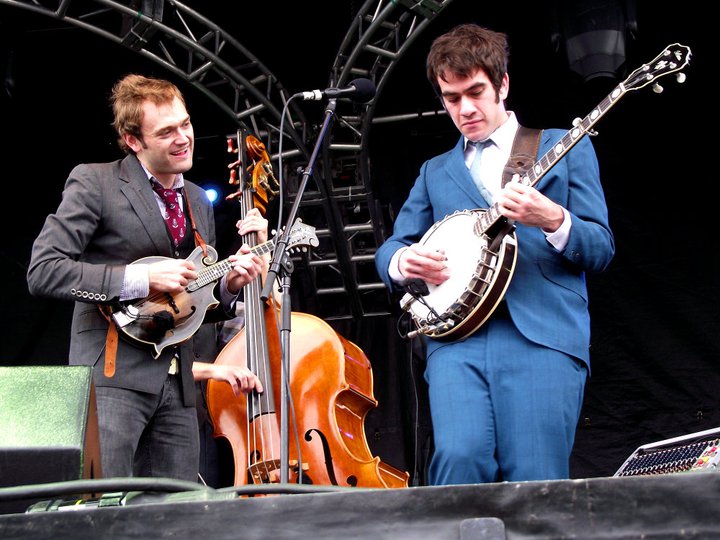 Thile was clearly open to the concept of radical re-arrangement when it came to his own role, too. Though his mandolin playing was often the lead instrument in Punch Brothers’ earlier work, he relinquished solo-ing duties this time around to Pikelny on banjo and Witcher on violin. Quips Witcher, admiringly, “To a lot of people, Chris Thile is the greatest mandolin player alive, and to have him almost exclusively be part of the rhythm section—he’s never made a record like that. It wasn’t a conscious effort, it was about the songs.” Thile, however, continues to handle the bulk of the lead vocals and lyric-composing chores, though he co-wrote with Josh Ritter two particularly erudite breakup/revenge songs, “New York City” and “Hundred Dollars.” (Witcher sings lead on the latter.) Bemoans Thile, “I’ve tried to limit the ‘relationship’ writing, but to no avail. When I sit down to think about what I want to write about, that’s what tends to come out.”The band also included two covers, both of them instrumentals, on Who’s Feeling Young Now?. “Flippen” comes from the Swedish band Väsen, with whom Punch Brothers played at the Telluride Bluegrass Festival. The other is an interpretation of Radiohead’s “Kid A,” well known already to fans who’ve attended Punch Brothers’ free-wheeling p-Bingo shows in New York City. As Thile notes, “I like the irony that the cover from the famous band is the most abstract thing on the record.”
Thile was clearly open to the concept of radical re-arrangement when it came to his own role, too. Though his mandolin playing was often the lead instrument in Punch Brothers’ earlier work, he relinquished solo-ing duties this time around to Pikelny on banjo and Witcher on violin. Quips Witcher, admiringly, “To a lot of people, Chris Thile is the greatest mandolin player alive, and to have him almost exclusively be part of the rhythm section—he’s never made a record like that. It wasn’t a conscious effort, it was about the songs.” Thile, however, continues to handle the bulk of the lead vocals and lyric-composing chores, though he co-wrote with Josh Ritter two particularly erudite breakup/revenge songs, “New York City” and “Hundred Dollars.” (Witcher sings lead on the latter.) Bemoans Thile, “I’ve tried to limit the ‘relationship’ writing, but to no avail. When I sit down to think about what I want to write about, that’s what tends to come out.”The band also included two covers, both of them instrumentals, on Who’s Feeling Young Now?. “Flippen” comes from the Swedish band Väsen, with whom Punch Brothers played at the Telluride Bluegrass Festival. The other is an interpretation of Radiohead’s “Kid A,” well known already to fans who’ve attended Punch Brothers’ free-wheeling p-Bingo shows in New York City. As Thile notes, “I like the irony that the cover from the famous band is the most abstract thing on the record.”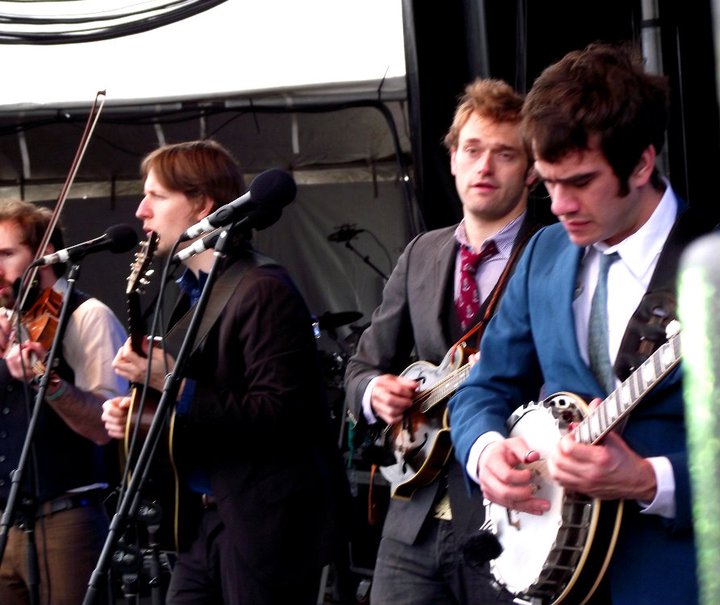 Each of the individual musicians crammed plenty of solo work and/or other collaborations in between Punch Brothers commitments. Pikelny released a second solo disc, Beat the Devil and Carry a Rail, produced by Witcher. Eldridge joined Pikelny on his record and, along with Witcher, on his tour; Kowert has been playing live dates in guitarist Jordan Tice’s trio with hammer dulcimer player Simon Chrisman, with which he released the album The Secret History. The peripatetic Thile recorded a Grammy–nominated duo set with Brooklyn guitar savant Michael Daves, Sleep with One Eye Open; released The Goat Rodeo Sessions, with Yo-Yo Ma, Edgar Meyer, and Stuart Duncan; and performed live in London with jazz pianist Brad Mehldau.“Every little side project that we’ve done has helped us come back to Punch Brothers with new ideas, new energy, and a new sense of confidence—a righteous need to create stuff,” concludes Eldridge. “All of these things are fuel, they’re rejuvenating.”
Each of the individual musicians crammed plenty of solo work and/or other collaborations in between Punch Brothers commitments. Pikelny released a second solo disc, Beat the Devil and Carry a Rail, produced by Witcher. Eldridge joined Pikelny on his record and, along with Witcher, on his tour; Kowert has been playing live dates in guitarist Jordan Tice’s trio with hammer dulcimer player Simon Chrisman, with which he released the album The Secret History. The peripatetic Thile recorded a Grammy–nominated duo set with Brooklyn guitar savant Michael Daves, Sleep with One Eye Open; released The Goat Rodeo Sessions, with Yo-Yo Ma, Edgar Meyer, and Stuart Duncan; and performed live in London with jazz pianist Brad Mehldau.“Every little side project that we’ve done has helped us come back to Punch Brothers with new ideas, new energy, and a new sense of confidence—a righteous need to create stuff,” concludes Eldridge. “All of these things are fuel, they’re rejuvenating.”
Just Announced: Punch Brothers @ Boulder Theater |12/9/12






